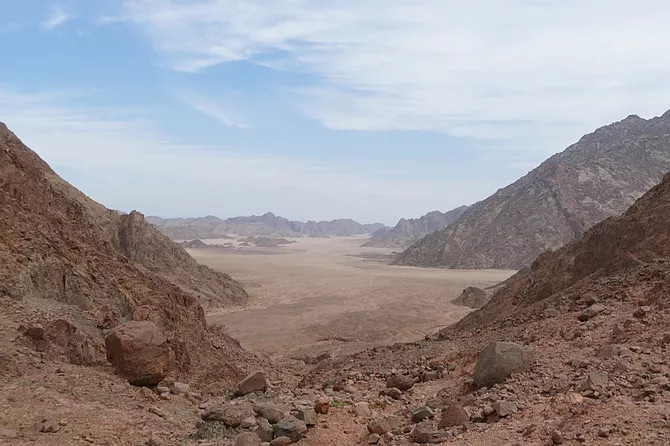
Accommodation
Like the bedouins who sleep under the stars in the desert, we will be camping in the wilderness in tents. A warm sleeping bag would be suitable for these destinations with comfort temperature of 0-5 degrees. We also recommend using a sleeping bag liner or just wearing more warm layers when sleeping for people who'd still feel cold. Sleeping bags can be big, bulky, and weighty, so get the smallest, lightest model you can. Remember, the weather in the desert is colder than what most people would expect, especially if they are not familiar with it.









